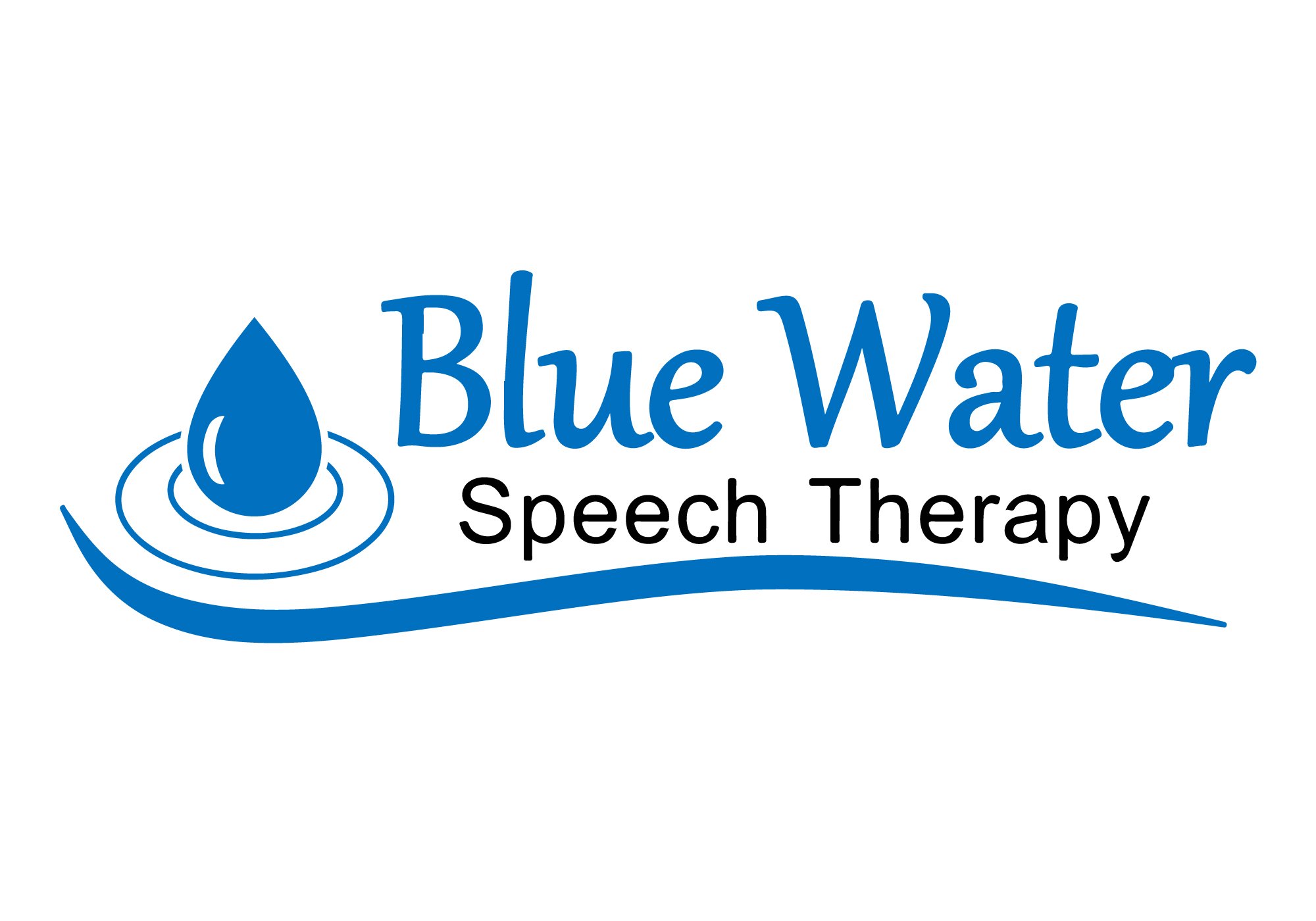It doesn’t take long in your parenting journey to learn that people are willing to give you advice on nearly every aspect of raising your child. Everybody has a story, and they’re always willing to give guidance to others. I see and hear speech/language advice given on a daily basis and though well-intentioned, there is much misinformation floating around out there. These are some myths that I hear most often.
1. Late Talkers will “catch up” to their peers naturally.
Everybody has a story about a child they knew that didn’t talk until they were 3, 4, 5 years old and turned out just fine – it does happen! But it doesn’t happen all the time. Research varies, but 20-30% of late talkers don’t catch up to their peers without help. With late talkers, we see a lot of struggles in school later on (by grades 3-5). Kids who are diagnosed with reading and learning delays in school were often late talkers as toddlers. If we help late talkers use their words early, their chance of being diagnosed with a learning delay later in school drastically decreases. An SLP can often tell relatively quickly if you’ve got a typical late talker who is likely to catch up, or if there is something else we could work on.
2. He’s a boy so of course, he’ll talk later.
Boys actually do talk slightly later than girls but the milestones are accurate for both boys and girls. A milestone is what 90% of all children are able to do at a certain age. Both boys and girls should have at minimum, 50 words by 24 months of age and starting to combine 2 words together. Usually, girls reach this milestone slightly ahead of boys, but if you have a boy who isn’t using 50 words at 2 years of age, it’s not just because he’s a boy!
3. Using sign language or pictures will delay my child talking
The opposite is true. Sign language and pictures actually support language development, bridge the gap, and help spoken language happen sooner. Sign language can be very powerful and give your child a huge boost of confidence when they can communicate their wants before they’re ready to use words. Signs can be taught as early as 6 months of age! It is very important to always say the word when you’re signing or using pictures with your child. Do not allow a sign or picture to replace your words, but use them together.
4. We’re a bilingual household so my child will talk later
Children’s brains are amazing. Children learning two languages at the same time will go through the same developmental patterns in both of their languages at roughly the same time as children learning one language. They should reach their language milestones at close to the same time as their peers. Sometimes when we’re counting words, we notice that they have words in both languages and kids will often mix the languages until their 3 - 4 years old. Again, milestones are what 90% of all children are able to do at a certain age, regardless of gender and multi-language households.
It is very important for kids to learn one language well. If you speak two languages, but one of them isn’t fluent, use your best language! It is more important for a child to hear a good language model than it is for them to only be exposed to English
5. My child is just lazy.
This is something I hear on a regular basis. Have you ever met a lazy toddler? They are all full of energy. If kids can talk, they will. If they are not talking, I promise, it’s not because they’re being lazy!
6. My child is the 2nd (3rd, 4th) born so they don’t talk – their siblings do it for them.
There is actually no statistical significance in birth order and reaching language milestones. On my caseload over the years, I’ve had an equal number of 1st and 2nd (or later) born children. It does sometimes seem as though their older siblings anticipate their needs and talk for them so your younger child may talk a little later than your older child, but the milestones still take this into account. If you do have older children who talk for your younger child, there are some strategies to help with that!
What else have you heard about speech or language development? Are you wondering if what you’re hearing is true or not? I’d love to hear your questions! Send me a message or post on my Facebook page. Chances are if you have a question, somebody else is wondering the same thing.
Sara Buckingham is a registered Speech-Language Pathologist with over 15 years of experience, including with AHS, various preschools, the public school system, and privately. She has a private practice based out of Chestermere and provides both in-home and virtual visits. You can contact her at: sara@bluewaterspeechtherapy.ca, or through her Facebook page: https://www.facebook.com/bluewaterspeechtherapy, or website: www.bluewaterspeechtherapy.ca
 | Sara Buckingham sara@bluewaterspeechtherapy.ca (403) 671-7261 |


